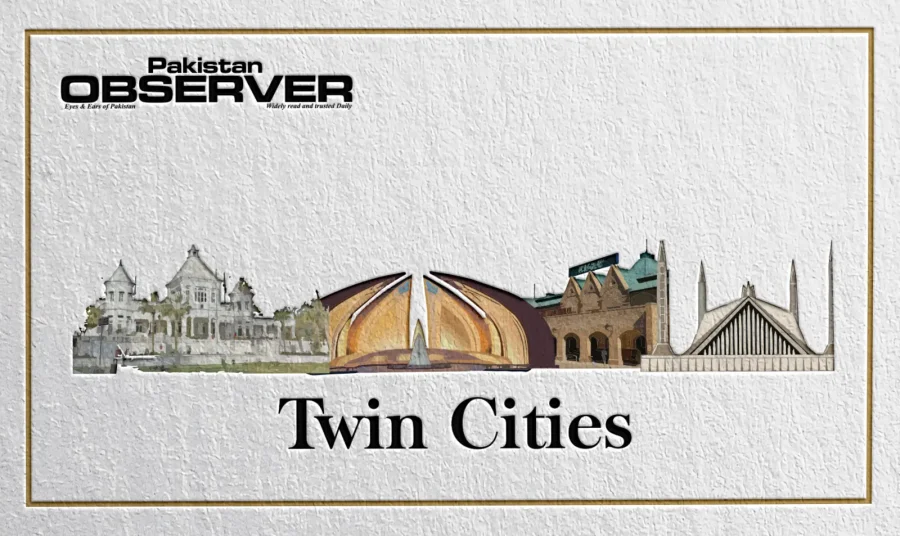Approximately 60 million voters went to the polls in Pakistan on February 8, 2024, to elect their representatives in 265 National Assembly and 590 Provincial Assembly constituencies in one of the country’s most competitive political contests. The elections followed two tumultuous years of political upheaval, discord and polarization, which have left behind a debris of constitutional confusions, judicial misadventures, communal stress, economic downturn and growing public distrust in public and electoral institutions – issues that must be taken up by the future government as its top priorities.
Despite a spiral of allegations by multiple political parties about not getting a level playing field as well as a spike in militant violence in some parts of the country, none of the political parties backed out of the electoral race. All parties continued until the last minute their efforts to muster public support, which augurs well for Pakistan’s struggling democracy. In addition, the pre-election perception of an unlevel playing field does not seem to have prevented the accusing political parties from gaining electoral ground.
Notwithstanding the general perception that pre-election media freedoms were constricted and sporadic incidences of restrictions on expression and speech, in fact Pakistani print, electronic and digital media continued to contribute tremendously to strengthening the political and electoral process. The media kept voters informed through their undiluted reporting, which helped voters make informed choices. Independent civil society groups deserve praise in particular for focusing attention on rights and liberties during the election process, including infringements of the rights of citizens and political parties.
Unfazed by a spate of scathing criticism from some political parties, the Election Commission of Pakistan (ECP) must particularly be acknowledged for having organized the country’s largest electoral exercise – with the greatest number of candidates and highest number of voters – in a reasonably orderly manner. More than 1.1 million election officials performed election duties in a highly challenging political environment. They ensured the integrity of voting and counting processes at the polling stations that largely remained free of controversy, notwithstanding sporadic complaints by political parties and candidates about not getting the election results forms to which they are legally entitled.










